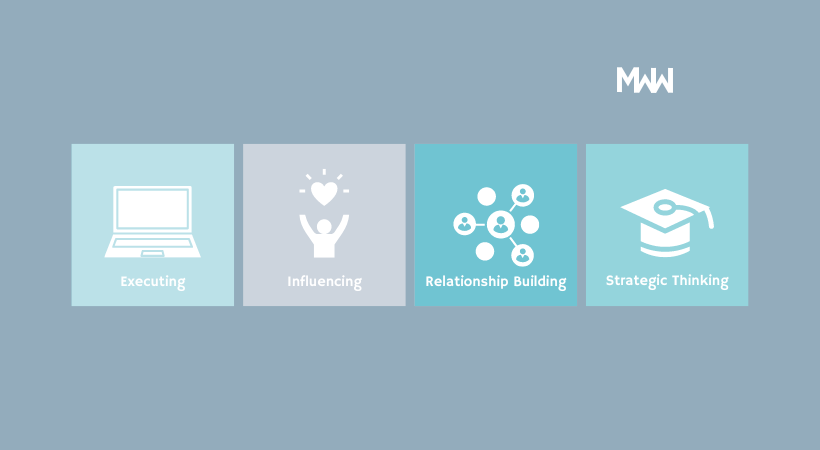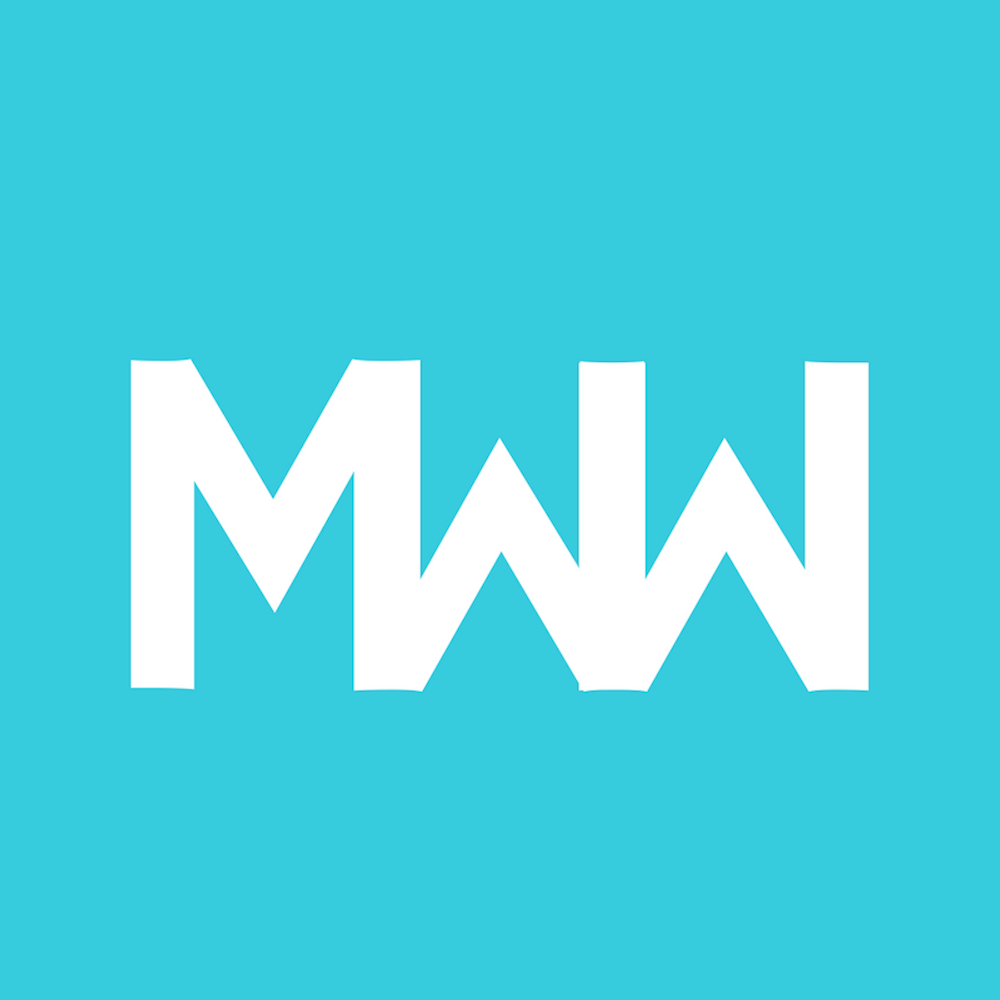How Language From StrengthsFinder Removes Doubts in my Day-to-Day Work

A central theme on MakeWorkWork has been how personality frameworks like the Enneagram give us language to talk about our personality traits, the good and the bad. Any given trait has positive and negative implications. I find the StrengthsFinder puts traits like these much more firmly in a professional context.
Knowing your strengths is not a matter of being boastful or arrogant. It's not even that having these formalized is something I talk about a lot, and the only reason I'm publishing these here is to extend an invitation to others to walk this incredibly rewarding journey themselves and to identify their key strengths. Making choices that allow you to play to your strength is so empowering, and puts us in the driver's seat.
I feel like I often thought being humble was about downplaying strengths or taking up less space. What I recognize now is that other people are often better able to assess our strengths and weaknesses, so minimizing the parts of us where we clearly excel is not humility, but can read as condescending or just plain fake. Ironically, that is the opposite of humility, as the humble are self-aware and principled.
Before you start reading, just know I loved the discovery of my strengths, knowing nothing about what this framework entailed. I want to invite you to find out yours before you keep reading, as it might keep your answers unbiased and results more accurate!

What is the StrengthsFinder
The Clifton StrengthsFinder was invented by Don Clifton, and later published in a book by Tom Rath called StrengthsFinder 2.0. It's based on the idea that by identifying our strengths, we can make choices to play to said strengths. While this sounds straightforward, this philosophy isn't necessarily the default. It's common to focus our attention on qualities where we're lacking, instead of doubling down on our natural talents as our path to excellence.
The Strength Finder assessment can be purchased online or the StrengthsFinder 2.0 book comes with a code that can be used to redeem it. The assessment is 177 questions and in the end you get a report that identifies five strengths across four domains.
The strengths are beyond what you would perhaps be able to articulate yourself as a typical personal trait, but the context they've defined around it makes it resonate. You could have strengths like Harmony, Developer, Maximizer, Discipline, Learner, Analytical, Positivity, and many more, 34 strengths total across the domains of Strategic Thinking, Relationship Building, Influencing, and Executing.
In MWW37, the two hosts had already gotten back their results and go over what their strengths are. They come in a ranked order. They were for Hailley, Achiever and Discipline in Executing, and Activator, Significance, and Communication in Influencing. For Habbi, it was Input and Strategic in Strategic Thinking, Achiever in Executing, Activator in Influencing, and Positivity in Relationship Building.
Like the Enneagram, this was a tool suggested by Hailley’s work that she took to better learn about her strengths as she moved into a new role with a wider scope. The results and insights were so impactful that she suggested I do it as well so we could discuss it on the show.
Here's How Language from Strength Finder Removed Doubt from my day-to-day
I didn't know what results from a test like this would look like, so my expectations were moderate. This is maybe why they had the impact on me that they did because they rang true whilst also articulating parts of me I'd recognized for a while but never really had language for – let alone been able to frame them as strengths.
Here are my five strengths:
Input: the quality of collecting and archiving interesting information from everywhere
Strategy: the ability to cut through the clutter and find themes and items to act on Achiever: the will to achieve things constantly, discontentment with not moving Activator: the drive of putting things in motion, including involving other people Positivity: the quality of seeing the bright side and attracting others
The Meeting of Thinking and Doing
The way I see it, these strengths fall into two categories: strategy – which is helpful in getting the confidence to trust what often feels like intuition and activation – this drive to get things done no matter what, and having the charisma to bring people in and get them involved.
This meeting of thinking and doing is incredibly important to me, and I’m grateful the StrengthsFinder gave me the language to articulate these to myself so I could start internalizing them and acting more precisely in a professional setting.
THINKING (Strategy)
The reason I love so much this emphasis on strategic thinking is that it creates the perfect frame and language for something I wasn't able to put my finger on before but definitely recognized.
Even though I still don't really use the language around strategy at work directly, knowing that my absolute best quality is strategic thinking (based on all the information I've been collecting – the 'Input' strength), has unlocked within me a courage of my conviction I didn't have before.
To me, gaining confidence in my own way of thinking through the language of strategy has given me permission to trust my intuition.
DOING (Activation)
I really treasure the last three qualities, as they're not just about me getting things done on my own but recognizing what qualities I bring to collaboration, which tends to be kicking off the momentum to get a project off the ground through Achiever, Activator, and Positivity.
I'm grateful to have found this framework, as it's empowered me to trust my intuition much more, and not be shy about activating others – but just lean into whatever is next.






Member discussion